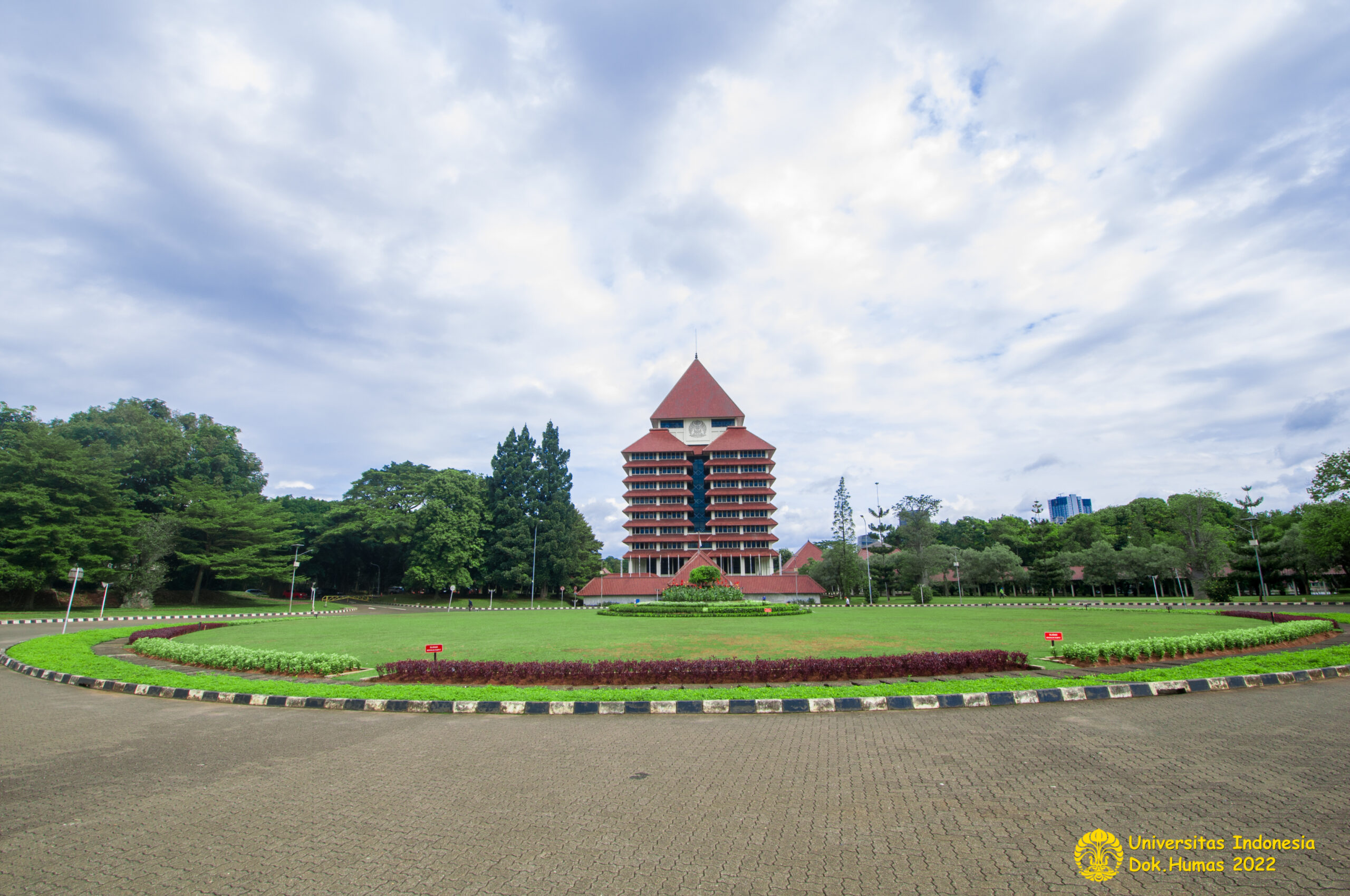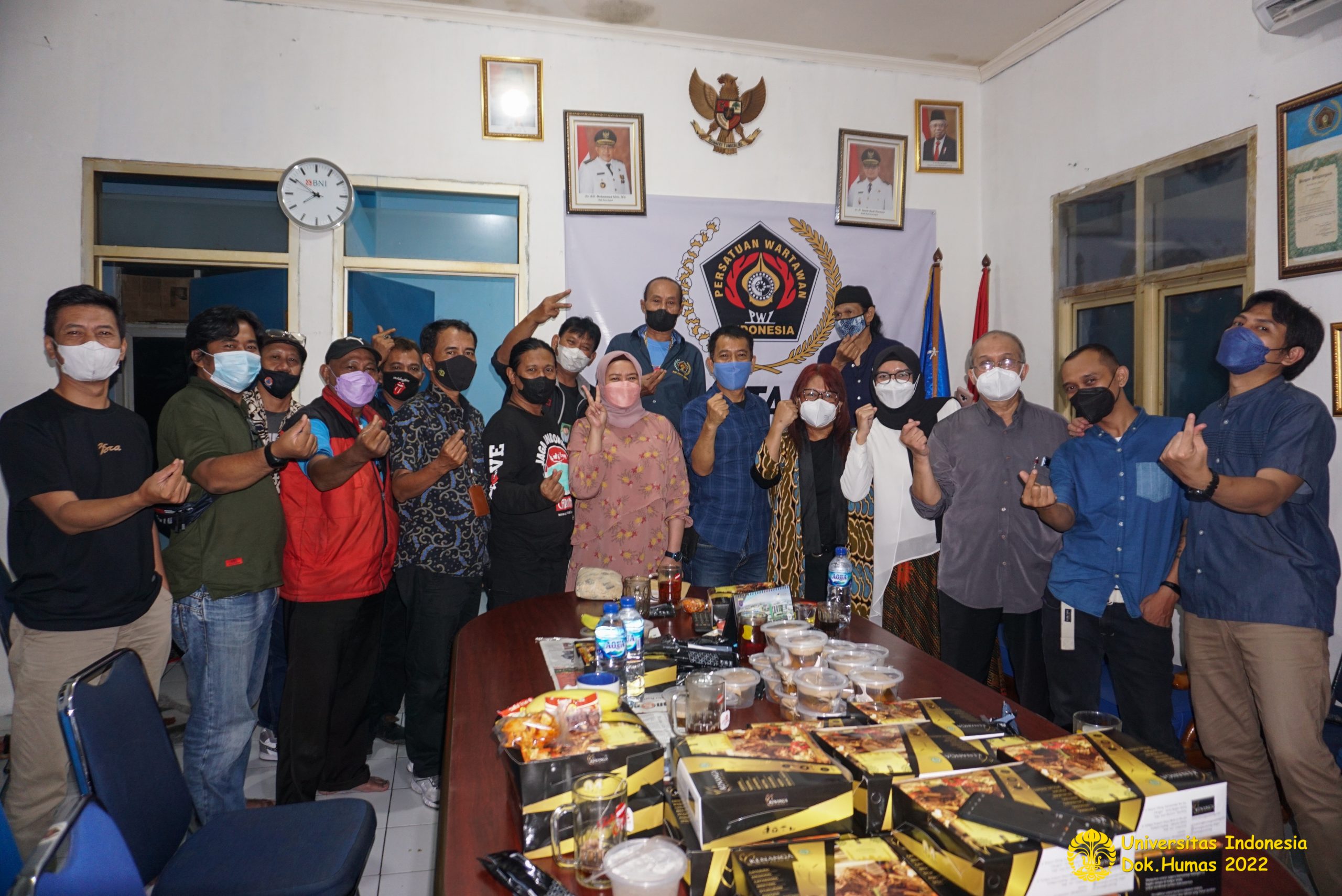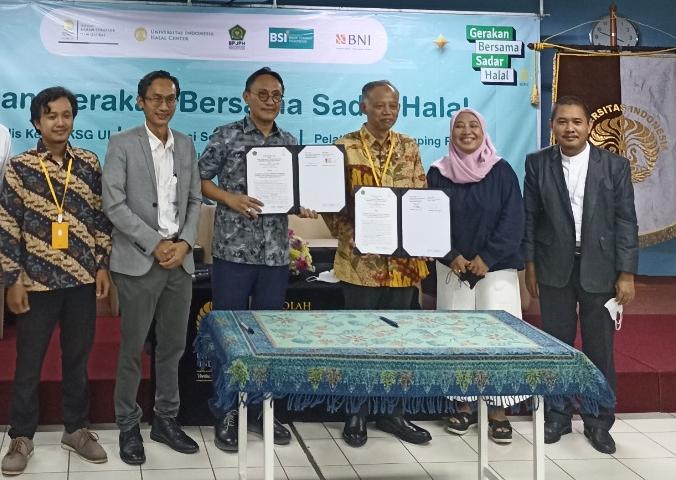
The cooperative system existed and developed in Europe before Indonesia’s independence. Cooperatives are also referred to as economic democracy. Minister of Cooperatives and Small and Medium Enterprises of the Republic of Indonesia, Drs. Teten Masduki said, “The practice of cooperatives in Indonesia still has many challenges, such as unchanging management that is not in accordance with the principle of kinship and economic democracy which is the identity of cooperatives. Therefore, cooperatives, which are referred to as the pillars of the national economy, are still limited to ideals because in practice cooperatives have not become a national economic force.”
Teten’s statement was delivered in a public lecture “Opportunities and Challenges of Cooperatives Facing Global Economic Threats” held by the Faculty of Economics and Business, University of Indonesia (FEB UI), in a hybrid manner. from FEB UI Deanery Building and Zoom Meeting. According to him, cooperatives are a strategic element related to sustainable economic development.

Cooperatives can be a solution to social inequality through participatory financing schemes from their members. “Cooperatives should be a tool to collaborate together for mutual progress. FEB UI continues to be committed to making Cooperative Courses a course that is current, relevant, and a solution to the problems of the Indonesian nation,” Teguh said.
Cooperatives in Indonesia still have various challenges for their development. One of them is the low productivity and added value of cooperatives in Indonesia.
Currently, Teten said, cooperatives in Indonesia are still dominated by the financial services and insurance business sectors, while the production sector, such as agriculture, fisheries, livestock, and plantations, only contributes around 7%. Other challenges in the development of cooperatives are weak human resources, cooperative governance that has not yet implemented the cooperative management system. Good Cooperative Governance, as well as an ineffective business ecosystem.
Based on data from the Ministry of Cooperatives and Small and Medium Enterprises (Kemenkop UKM) in 2020, the Indonesian population registered as cooperative members is only about 8% of the total population of Indonesia. There are 127 thousand cooperative units in Indonesia with total assets of around 250 trillion rupiah. This is a fairly low value when compared to large corporations. However, cooperatives have the advantage of being quite strong. When the monetary crisis occurred in 1998, cooperatives were one of the business units that were able to survive. Its family principle makes members entrust their assets to cooperatives rather than banks.
The cooperative business in Indonesia is currently still mostly directed at micro businesses. In fact, cooperative development should be able to enter the larger productive or food sector.
In the world, many cooperatives have successfully entered the sector and even become major players in the industry, such as ACE Hardware, Frisian Flag, and Fonterra. There are three main strategies that the world’s cooperatives use to achieve success.
This strategy can certainly be followed and implemented by cooperatives in Indonesia. The three strategies are to focus on leading commodities; invest in innovation, science, human resources and technology; and implement business processes. inclusive close loop.
One of the Ministry’s cooperative development plans, especially for food cooperatives, is cooperative-based food corporatization. This is done by bringing individual farmers together in a cooperative. Cooperatives will act as off taker First, farmer’s products play a role in processing, integrating financing, technology-innovation, supply chain, and market access.
That way, farmers do not need to sell raw goods to the market at low prices and do not need to think about processing into finished goods because the cooperative has taken care of it. “We can build corporate farming Like in Europe, America, and Australia by consolidating individual farmers into cooperatives so that economies of scale can enter,” said Teten.

Currently, there are many policies related to cooperatives that facilitate the development of cooperatives, for example, the minimum number of forming members is only nine people. Cooperatives can also enter into all business sectors and are not limited to micro businesses.
One of the cooperatives that can be developed is a student cooperative. Currently, only about 247 student cooperatives are active in Indonesia.
In fact, based on data from the Central Statistics Agency (BPS) 2020, the youth population amounts to 64% of Indonesia’s total population. This is a great potential because youth play an important role in the development of cooperatives in Indonesia.



